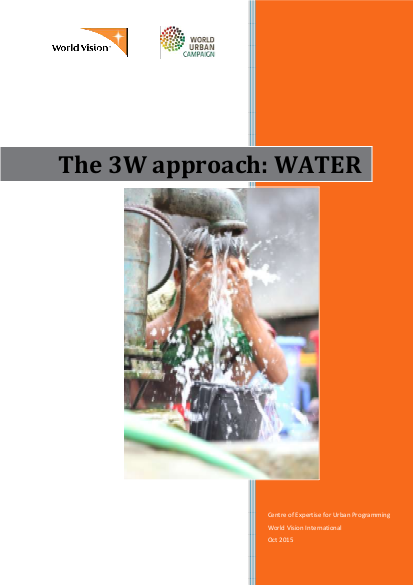
Over the past 150 years urban water infrastructure has brought great public health benefits to billions of people in the industrialised world (and into piped and sewered communities in developing and transitioning nations). However, the impact of these public health advancements has not been felt equally around the world; with millions of urban dwellers living without access to safe and reliable water, sanitation or drainage services. The majority of cities in the developing world are currently continuing to struggle to provide an adequate water supply system to rapidly expanding urban populations. A lack of reliability in both quality of supply and consistency of supply decreases community willingness to pay, and therefore the utility’s funding base, and inversely it increases risks of water borne disease and public health risks. Additionally, urban water experts now acknowledge the severe economic, social and environmental costs that have been associated with the current reliance on centralised, and expensive, infrastructure. Vulnerable communities have been relocated to make way for large dams. The poorest communities have been out priced, and continue to lack access to proximate systems due to high water and sewerage charges.
Links
Resource collections
- UN Habitat - Urban Response Collection
- Urban Response - Urban Crisis Preparedness and Risk Reduction
- Urban Response Collection - Community Engagement and Social Cohesion
- Urban Response Collection - Economic Recovery
- Urban Response Collection - Environment and Climate Change
- Urban Response Collection - Housing, Land and Property
- Urban Response Collection - Urban Crisis Response, Recovery and Reconstruction
- Urban Response Collection - Urban Resilience